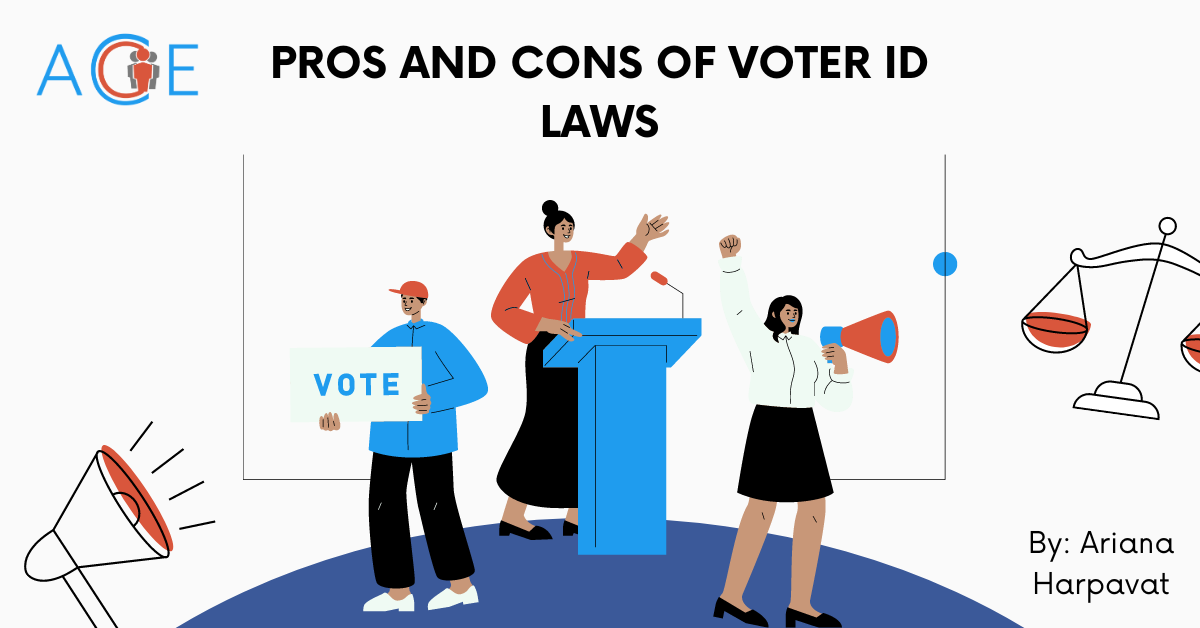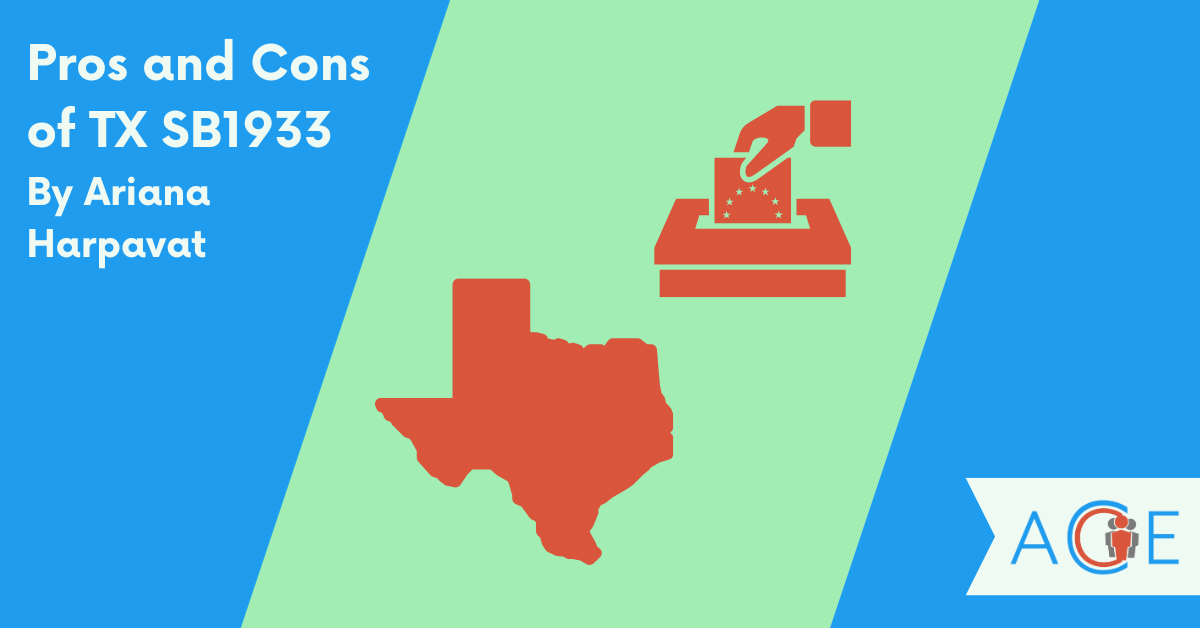Introduction
Before 2006, U.S. states did not require voter identification at the polls; it was only necessary when registering to vote. However, Indiana introduced a law in 2006 mandating ID at the polls, which the U.S. Supreme Court upheld, ruling that securing elections justified the requirement, provided the laws were neutral and did not significantly burden voters. Following this and the Shelby County v. Holder decision, which overturned a key section of the Voting Rights Act, thirty-six states have implemented varying degrees of voter ID laws. Meanwhile, fourteen states and Washington D.C. still allow voting without ID.
Across the country, states employ two types of voter ID laws: strict and nonstrict. Under strict voter ID laws, voters who cannot present acceptable identification—driver’s license, state-issued identification card, military ID, tribal ID, etc.—are only allowed to vote on a provisional ballot and must return to the election office with identification for their vote to count. Non-strict laws allow voters without acceptable ID to cast a ballot without additional steps. In the last year, seven states passed laws making voter identification requirements stricter.
Arguments in Favor
Support for voter ID laws is often fueled by concerns over voter fraud. A 2013 poll of 906 U.S. adults found that 43% believed voter fraud to be relatively common, and a 2010 poll showed over 80% of respondents supporting some form of ID requirement at the polls. Advocates of strict voter ID laws, like Texas Governor Greg Abbott, frequently emphasize voter fraud to justify these measures. Abbott has publicly stated, “Voter fraud is real, that it must be stopped, and that voter ID is one way to prevent cheating and ensure integrity in the electoral system,” reinforcing the perceived necessity and effectiveness of voter ID laws.
Supporters of voter ID laws argue that these regulations affect both political parties equally. A 2023 study revealed that voter ID laws mobilize supporters from both major parties, ultimately neutralizing any significant impact on election outcomes. Republicans frequently cite this point to demonstrate that the laws do not disproportionately benefit them but are aimed at ensuring election security for all parties involved.
Arguments Against
Opponents of strict voter ID laws argue that they disproportionately affect minority, low-income, and elderly populations. Statistics show that 13% of Black Americans lack proper voter identification, compared to just 5% of white Americans. Additionally, new voter ID laws could potentially disenfranchise ten million Latino Americans. The costs of acquiring the required IDs range from $75 to $175, not including the additional transportation expenses. In rural areas, some citizens must travel over a hundred miles to obtain the necessary identification, further highlighting the discriminatory impact of these laws.
Critics of strict voter ID laws argue that they address a virtually non-existent issue, as voter ID fraud rates are exceedingly low. A 2017 report estimated the rate of voter fraud to range between 0.0003% and 0.0025%, including all types of voter fraud such as clerical errors and issues with mail-in voting, not solely those related to identification. Thus, the rate of fraud specifically tied to voter IDs is even less than 0.0025%. For instance, in the 2020 Georgia election, where nine million votes were counted, only one fraud case was reported, and it did not involve voter ID fraud. Opponents maintain that these laws fail to enhance election security and instead serve to disenfranchise specific voter groups.
Future Developments
Maintaining a secure election process is essential for the functioning of democracy, and steps should be taken to ensure that the integrity of the voting process is maintained. However, policymakers must do this without disenfranchising voters from minority and low-income groups. As these laws become more prevalent, it will be essential to continue to observe the impacts of the legislation on voter turnout and vote concentration.


